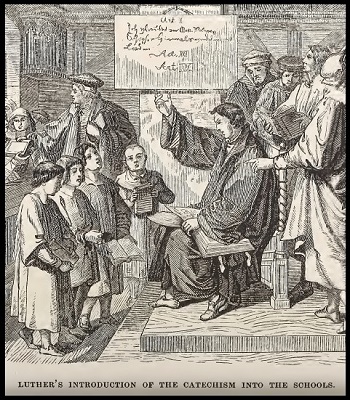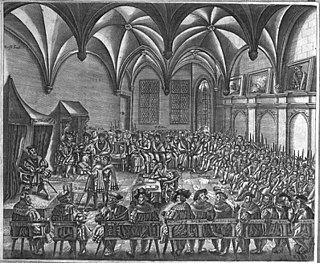
In this module we will present the theology of the Ecumenical Creeds and how they are closely related to the teachings of Luther's Catechisms. In particular we will provide a historical and theological reading of the Ecumenical Creeds in order to introduce the foundational Christian teachings in the areas of Christology, Trinity and Salvation. That means that we will present the development of early Chirstian Doctrine in the era of the Ecumenical councils. Historical and theological understanding of the Ecumenical Creeds with emphasis on Christology, Trinity and Salvation will help us to develop a Lutheran hermeneutic strategy and perspective on how to approach, read and use patristic sources in theological investigations. Consequently, classical patristic Christology, Trinity, and Soteriology will be explored within the theological and the pedagogical ethos of Luther’s Small and Large Catechisms as primary teaching resources of the Lutheran Church.

 On 25 June 1580, the 50th anniversary of the presentation of the Augsburg Confession, the Lutheran Book of Concord came off the presses in Dresden. The Book of Concord was a collection of those theological writings that represented the Lutheran Church’s unanimous confession. Today the pastors and people of the Lutheran Church still bind themselves to these confessional writings as a faithful exposition of Holy Scripture.
On 25 June 1580, the 50th anniversary of the presentation of the Augsburg Confession, the Lutheran Book of Concord came off the presses in Dresden. The Book of Concord was a collection of those theological writings that represented the Lutheran Church’s unanimous confession. Today the pastors and people of the Lutheran Church still bind themselves to these confessional writings as a faithful exposition of Holy Scripture.
This module will examine two of the ten distinct documents contained in the Book of Concord, the Augsburg Confession of 1530 and Melanchthon’s Apology (Defence) of the Augsburg Confession (1531).
